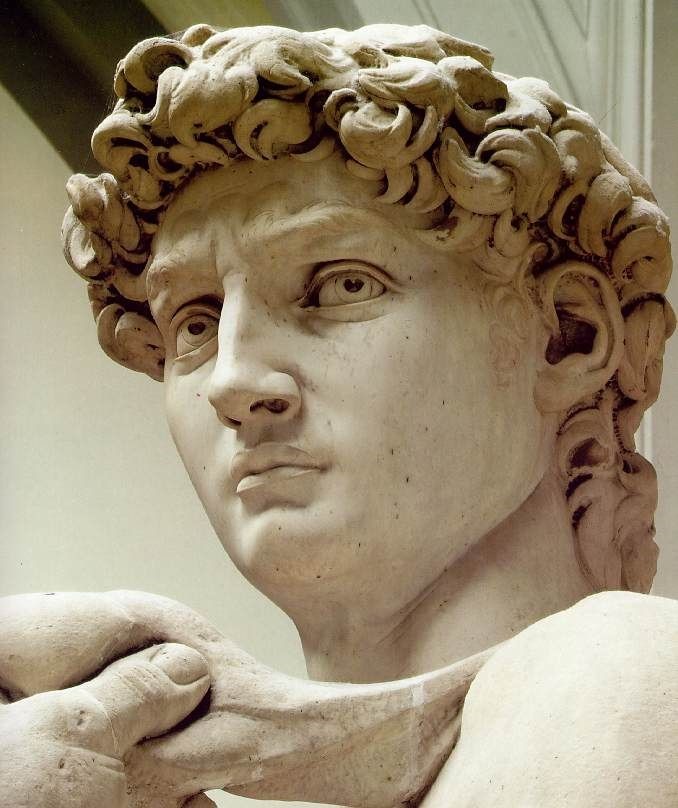– Corrado Gnerre
Dear friends, I read a recent speech by Pope Emeritus Benedict XVI on sacred music with much interest. It says that this art has reached its heights in the Christian West. But then this means that civilizations are not the same and that there are historically more important civilizations. But if so, why don’t you say it openly?
Dear …, that cultures and civilizations are equal are among the greatest absurdities that can be said. Let me tell you the following episode. Several years ago I found myself in a student assembly of the Lyceum in my city. These were days of great discussions, public demonstrations, co-management, self-management and occupations, in short, of pure chaos. There were also days when there was a debate about what was then called the Second Gulf War. While thanking God, the majority of the students chatted and thought about something else, the so-called “experts” could not be missing. One of these, “experts” in philosophy, commented: “Cultures are all the same, there are no higher civilizations, that is, more civilized, let alone the superiority of the West … to think otherwise is very dangerous because it only leads to intolerance.” Obviously nobody noticed anything, thunderous applause from those who had tried to understand as much as from the many boys who, distractedly, had not followed a word. Nobody noticed the huge contradiction: on one hand there would be no higher civilizations, on the other, we are expected to respect and tolerate the same. But, one could object to the “very intelligent expert”: and where was respect and tolerance born? In Papua? In Timbuktu? Or were they born in the West? Now, dear …, one can discuss the authentic value of respect and tolerance and how they must be properly understood, but the reasoning seems clear to me. It is clear that the respect due to men is one thing, the self-styled respect due to the various cultures and all their individual characteristics is another.
Dear …, I could give several examples to support what I am saying, but I will mention just a few. The first: the concept of a person. This is a concept that was born at the dawn of Christian civilization. The first definition was that of Severino Boethius, a Christian philosopher who lived between the fifth and sixth centuries. A definition that has remained unsurpassed. The person is rationalis naturae individua substantia (ie: individual substance of a rational nature). I was saying: unsurpassed definition. The person is not simply a rational individual substance, but of a rational nature. So, even the unborn child is a person, the handicapped is also a person. And that’s why slavery and infanticide existed on a large scale in the pre-Christian world because there was no real concept of a person.
Another element is scientific-technological progress. It is no coincidence that the “planetarization” of the world with regard to this aspect started from the Mediterranean basin. The reasons are different but above all the positivity of creation and the conviction that nature was created by God who is not a pantheistic God. In the pre-Christian world science was not transformed into technique not only because it was possible to have the labor force of slaves, but also and above all because, considering nature as an expression of the divine, it was considered untouchable and unchangeable.
Not to mention, dear …, the figurative arts. Also for this reason it is no coincidence that when one has to think of a great painter or sculptor, only Westerners come to mind … and not to mention music, as Benedict XVI said. What do the great oriental orchestra conductors (for example the famous Indian Zubin Mehta) play if not the music of the great western tradition?
In short, dear …, as you see civilizations are not the same at all. To say it, it would be necessary to deny reality and imagine the non-existent. What, this, which is imposed by ideological abstraction, but largely rejected by the intelligence of healthy realism.
(From La buona battaglia. Apologetica cattolica in domande e risposte, 2019©Chorabooks. Translated by Aurelio Porfiri. Used with the permission of the publisher. All rights reserved)


 Follow
Follow


